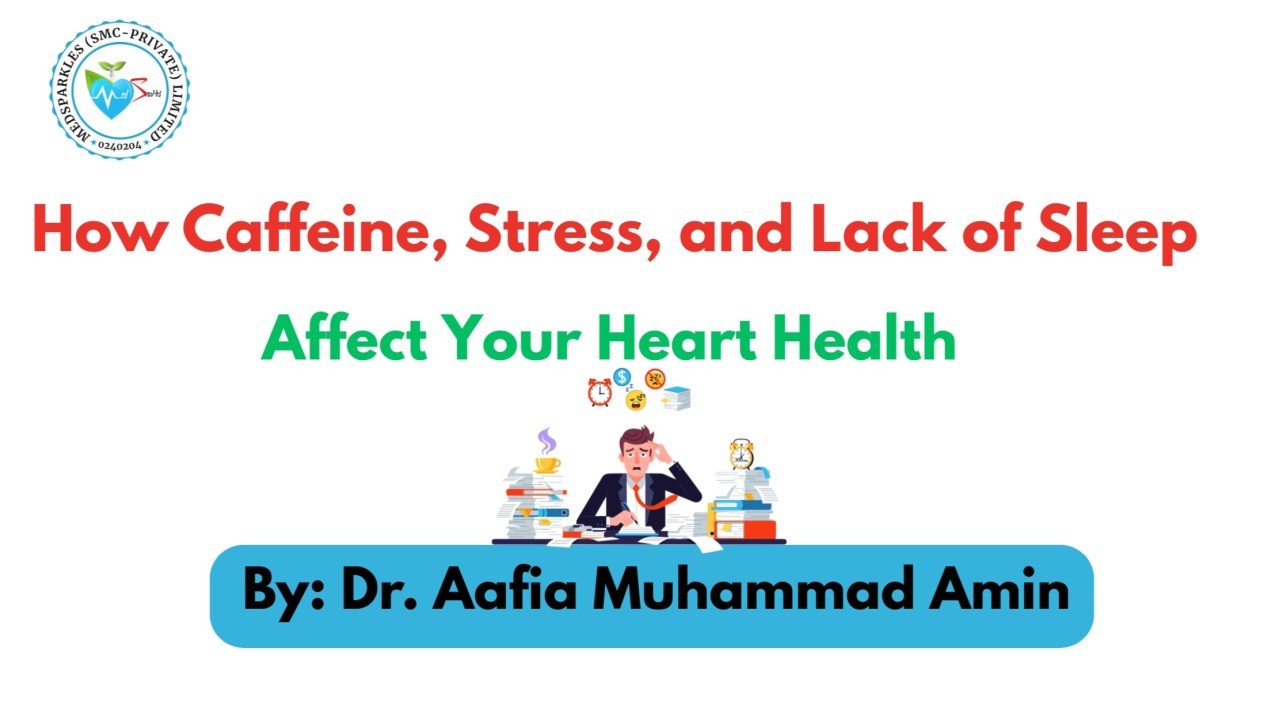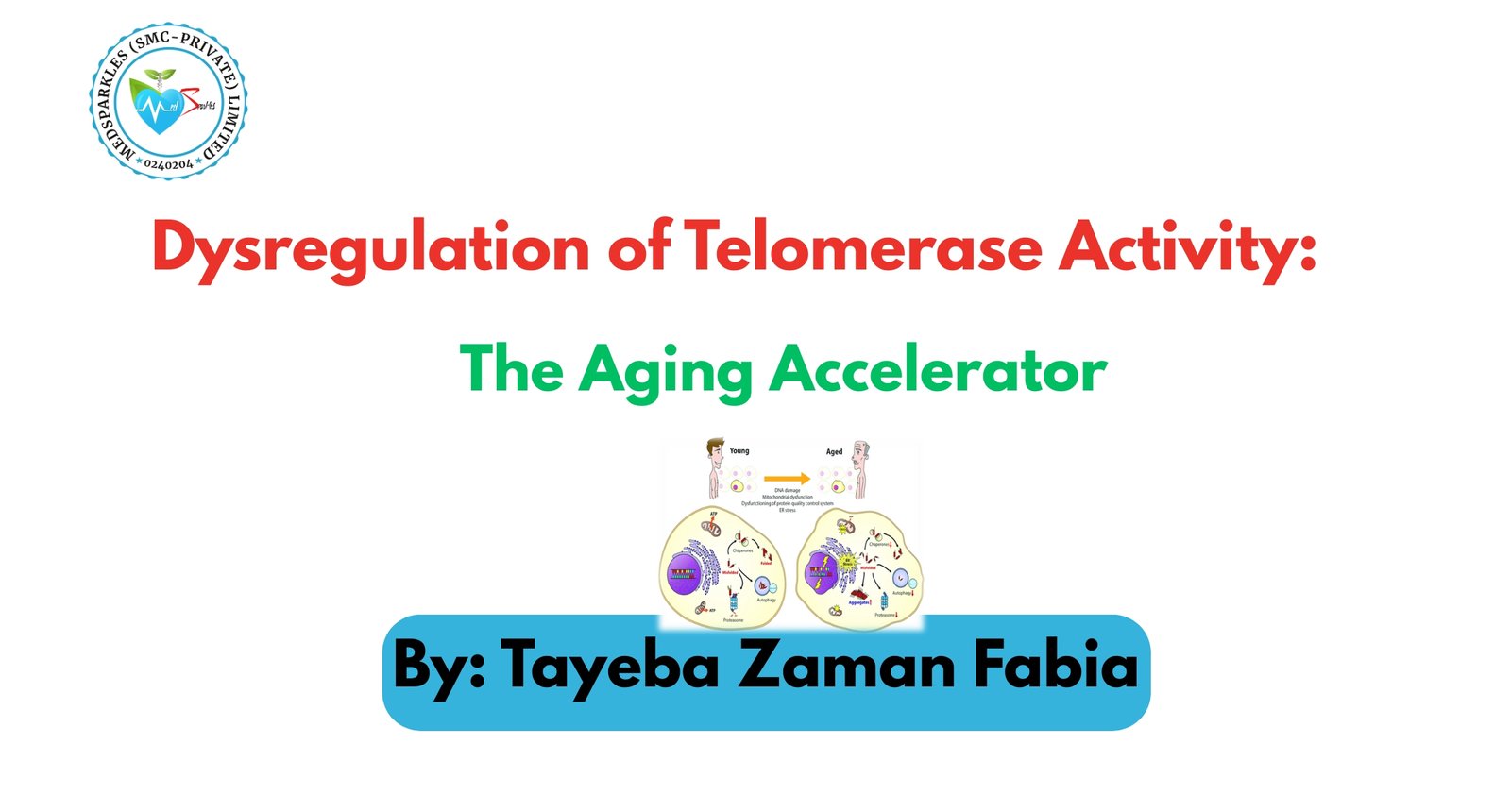Do you know! One third of your time spends in sleeping. Like food and water, sleep is also vital part of your daily routine. Sleep is essential to make or maintain new pathway in your brain that you learn ad create new memorize. Deprivation of sleep makes it difficult to concentrate and respond quickly.
Why sleep is important?
Sleeping is essential for different function of brain like nerve cell (neuron) communicates with each other. Body and brain remain active when you sleep. Recent study suggests that sleep play a housekeeping role that removes the toxin from your brain that build up while you awake.
Basic concept of brain health:
According to WHO brain health is “the state of state of brain functioning across cognitive, sensory, social-emotional, behavioral and motor domains allowing a person to realize their full potential over the life course, irrespective of the presence or absence of disorders”.

Function performed while sleeping:
There are following important functions mainly take place while sleeping which further helps brain to perform its activities.
- Electrical activity changes across sleep stages
Mostly two types of sleep stages occur when neuron fire in its rhythmic patterns, which include Non-REM (non-rapid eye movement) and REM (rapid eye movement) sleep. In Non-REM (slow wave sleep) , cortical neurons fire in slow oscillation , alternating between active( up) and silent (down) states. This pattern is important for consolidation and synaptic pruning. While in REM sleep, neuronal activity is similar to wakefulness: rapid, desynchronized firing, vital for learning, emotional regulation and dreaming.
- Synaptic homeostasis (balance neuron connection)
While the day time, neurons strengthen many synapses as we learn and experience things. If this left unchecked then brain would become overloaded. Sleep allows neuron to downscale its synaptic strength, keep only important connections and forget others. This preserves brain efficiency and prevent from overstimulation.
- Memory consolidation ( Hippocampus-Cortex )
During sleep, especially in slow wave sleep, hippocampus neuron replay patterns of activity from the day. These replays facilitate to transfer memories to neocortex for long-term storage. Neuronal oscillations like sleep spindles and sharp-wave ripples coordinate this process.
- Metabolic cleanup
Movement of cerebrospinal fluid increases while sleeping, this lead to secretion of waste product between neurons, includes unwanted protein like beta-amyloid and tau, which otherwise buildup and cause damage to neuron (like in Alzheimer’s).
- Neurotransmitter regulation
Sleep balance key brain chemicals which regulates neuron communication. Neurotransmitters like dopamine, serotonin, acetylcholine & nor epinephrine move/shift during sleep stages, shaping attention, mood and memory. Disrupted sleep causes imbalance in neurotransmitters, ultimately impaired cognition and mood disorders. Sleep is not just rest. It is time of highly arrange neuronal activity like resets, clean and optimize the brain. Neuron fire in specific rythms, prunes unnecessary synapses, consolidate memories, clear toxins and rebalance neurotransmitters. Without proper sleep, neuronal function becomes overloaded, inefficient and prone to damage.

Sleep deprivation
Science has linked inadequate sleep with different health problems from obesity to a weakened immune system. Low sleep drains your mental abilities and put your physical health at risk. Had you experience when you spend a night tossing and turning, you already know how you will feel the next day- tired, cranky and out of sorts. But missing out on advised 7 to 9 hours of shut eyes nightly does more than make you feel like groggy and grumpy. Long term sleep deprivation has bad effects on central nervous system of body. Sleep is necessary for proper functioning of brain. Sleep deprivation not only negatively impact on mental abilities but also disturb emotional state. You may feel more impatient or prone to mood changes. It also declines the decision making processes and creativity.
Affect of Sleep on Mental Health
Certain mental illness occurs due to sleep like depression and anxiety. These are major mental issues that young generation is facing. Sleep impacts your health and all body systems. Condition like insomnia is even more harmful to brain health. Addressing sleep issues can help us to improve mental health conditions.
Key steps to improve your sleep
Try following steps to get better sleep in order to boost mental health.
- Practice good sleep hygiene. Make sure that your bedroom or sleeping space should be comfortable, quite and dark as possible.
- Banish bright lights from light source like lump, bulb, mobile phone, laptop and other electronic devices. Emitted light from electronic devices will suppress the melatonin, hormones that release in body to come in sleeping mode. Turn off the bulb and other lighting source so melatonin can rise naturally and you have peaceful nights without any help like medication etc.
- Avoid the stimulants. Our young generation may be able to handle a cup of coffee in the afternoon; they may changes as they become old. Make sure that caffeine has bad effects on body as long term uses.
- Skip alcohol intake near bedtime. Because it cause sedative effects in body. After its metabolism, it cause arousal effects which make your sleep more broken and you feel uncomfortable.
- Don’t eat too much before bedtime. Heavy meal may trigger your acid reflex of stomach and acidity which ultimately affects your sleep.
- Doesn’t relay/dependent too much on sleep aids which may cause addiction. Even melatonin supplement should not be used regular. Its feel you’re comfortable but for short time.
- You should prioritize you sleep as the same way you other activity like exercise and diet.

Conclusion:
Sleep improves our mental health as like healthy diet and exercise. Consistent Adequate sleep is necessary for optimal neurological health studies show that 7-hour per night is linked with highest cognitive performance, including executive function, better memory and attention. Sleep also play vital role in removing the metabolic waste through glymphatic system to prevent disease like Alzheimer’s. Good sleep help emotional regulation and mood stability. Overall prioritizing good quality sleep is important factors which can safe brain structure, cognitive resilience and decrease the risk of neurological disorder. Ignoring it can lead to decline cognitive function, memory impaired and grater neurological vulnerability.
Frequently Asked Questions (FAQs)
How many hours of sleep are best for brain health?
Researcher suggests that 7-hours per night is essential for better cognitive performance, otherwise it may affects brain structure and function.
How does sleep affect memory and learning?
Sleep strengthens memory consolidation by moving short term memory into long term storage, especially during deep and REM sleep.
Can poor sleep increase the risk of dementia or Alzheimer’s disease?
Yes. Poor or fragmented sleep reduces clearance of beta-amyloid, a protein linked
What role does sleep play in brain detoxification?
During sleep the gymphatic system remove waste material like neurotoxin from the brain, which is essential for long-term neurological health.
Can poor sleep increase the risk of stroke or brain atrophy?
Yes. Poor sleep in midlife is linked to faster brain atrophy and higher chance of brain stroke risk.
How does sleep affect mood and mental health?
Sleep regulates neurotransmitters like serotonin and dopamine, supporting emotional stability poor sleep raises the risk of depression and anxiety.
Does oversleeping harm brain health too?
Yes. Both short (6hours) and long (9hours) sleep durations are associated with poorer cognitive health and structural changes in brain.




